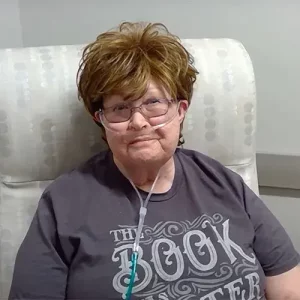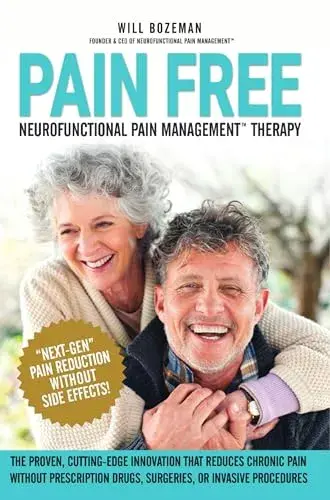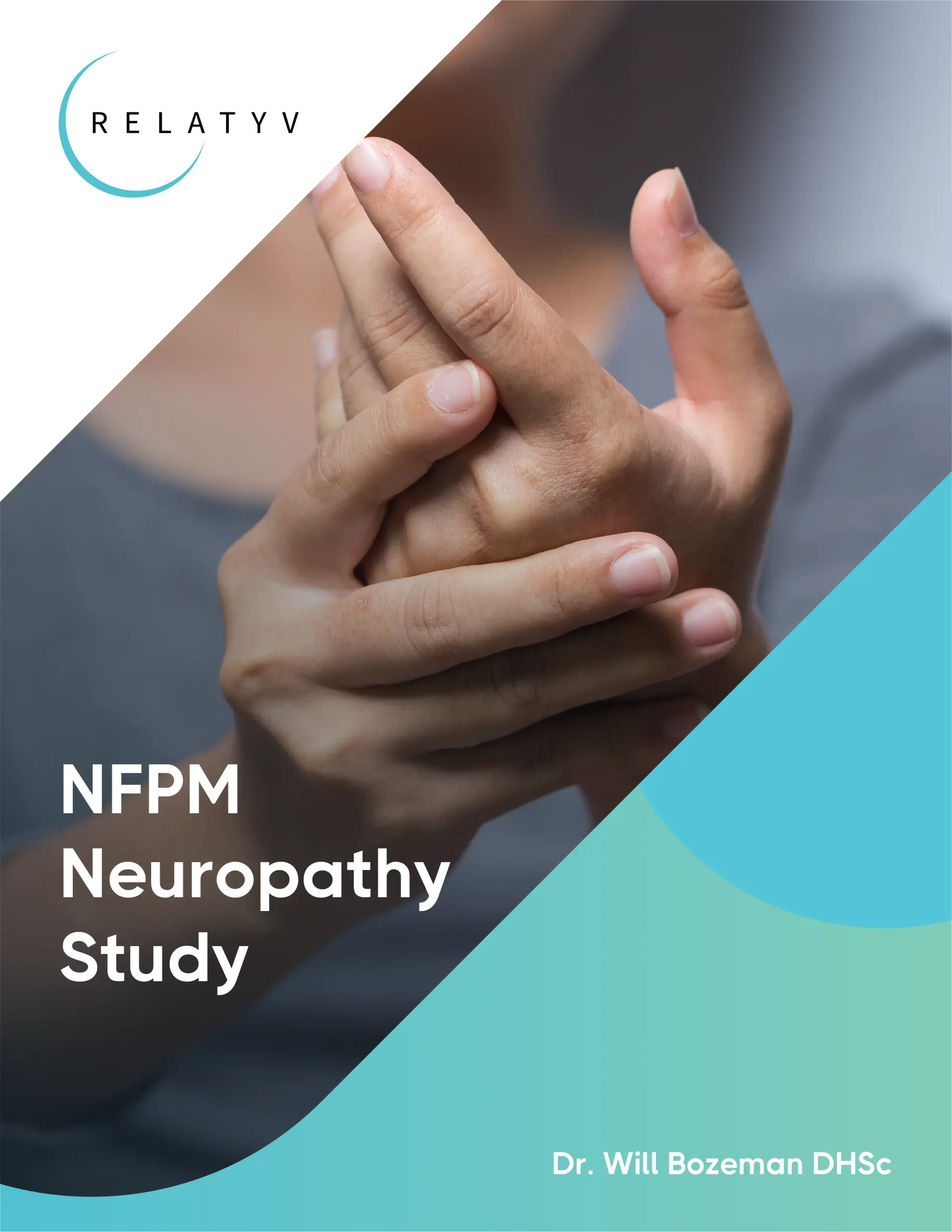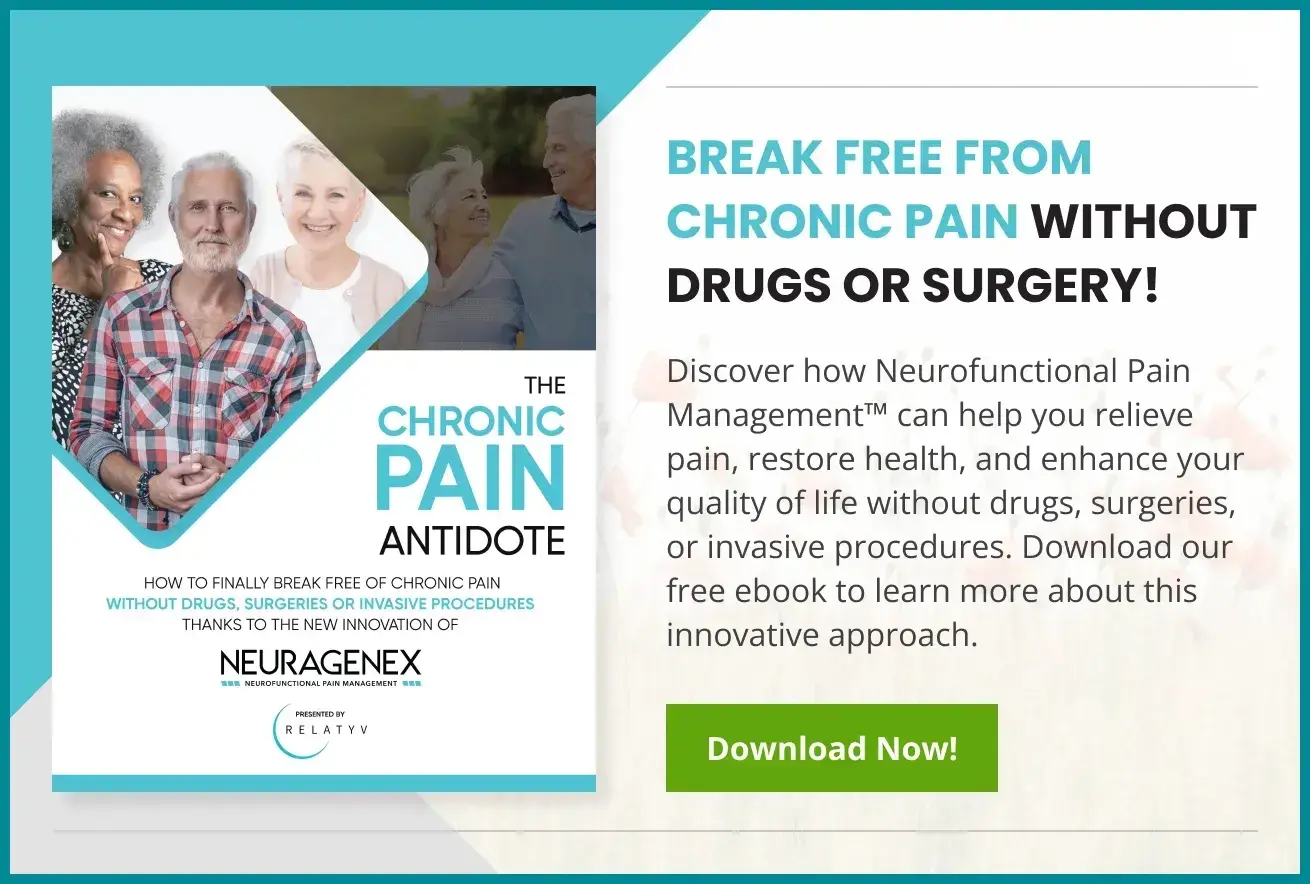Compartment syndrome can be quite overwhelming and challenging, potentially impacting your daily life and overall well-being. It can bring significant pain throughout the affected muscles and prevent you from being able to properly engage in regular exercises and physical activities.
We are proud to offer hope for those dealing with lingering symptoms or chronic discomforts from compartment syndrome. Our protocol goes beyond conventional therapies, providing an innovative and comprehensive solution to alleviate this distressing pain.
Furthermore, we are committed to avoiding the ever-growing dependency on painkillers and invasive procedures, contributing to a more positive and whole-person approach to pain management.
Specializing in Neuragenex Neurofunctional Pain Management, our non-pharmaceutical and non-surgical treatments target muscle pain, tenderness, inflammation, and swelling associated with compartment syndrome.
We aim to ease the painful symptoms people may experience during physical activities and accelerate the recovery from lingering symptoms after a more severe event.
The Neuragenex NFPM approach is designed to provide long-lasting results that extend well beyond completing your physical treatments, guiding you toward regaining normalcy and bringing about positive changes that can benefit you now and for many years to come.
Here are some key benefits of the Neuragenex NFPM for managing pain from compartment syndrome:


















